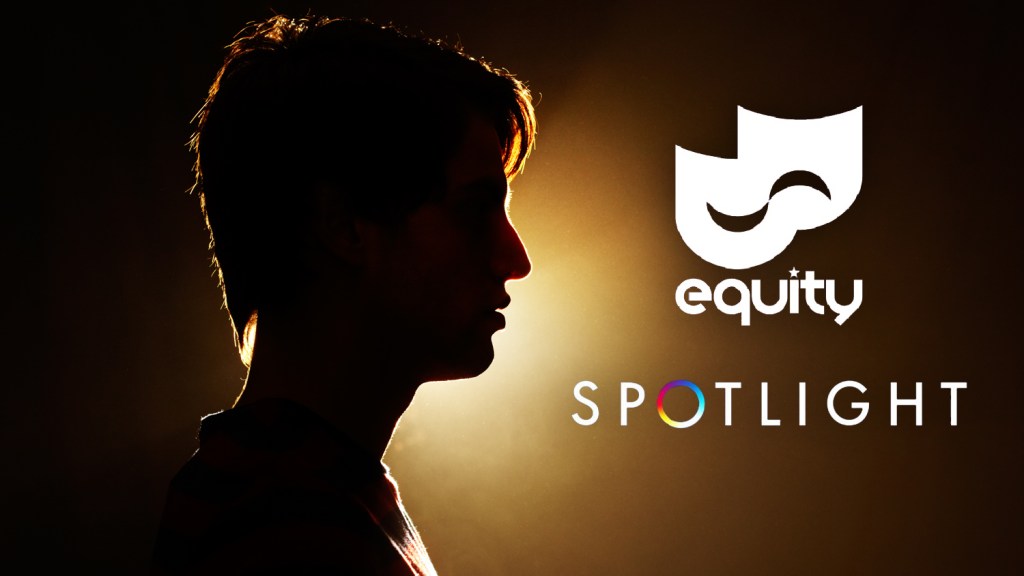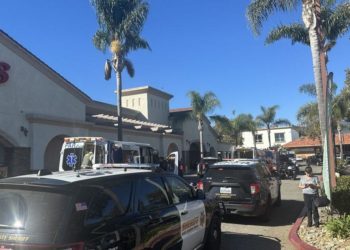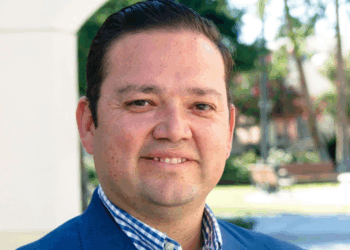EXCLUSIVE: A huge week for UK actors union Equity has kicked off with its landmark legal action against casting directory Spotlight.
Tomorrow, top officials from the 50,000-strong union will begin a two-day High Court battle in London that could radically alter the landscape for how British actors obtain work.
Equity’s legal action against Spotlight, which is being led by a number of actor members plus President Lynda Rooke, came like a bolt out of the blue at the start of last year.
The union has said Spotlight charges exorbitant membership fees of £198 ($268) per year standard rate and “exploits its monopoly position in the industry,” given that the vast majority of UK productions cast via Spotlight. It alleges that Spotlight has hiked prices by 30% since the platform was acquired by American firm Talent Systems LLC in 2021.
Equity is seeking a change in law that would require Spotlight’s fees “be no more than a reasonable estimate of the cost of production,” according to the particulars of the union’s claim, which Deadline has seen. There would also be “an order that Spotlight state how it assesses” this estimate, per the claim, plus a “declaration that any person who subscribes to Spotlight is entitled to full access” including benefits offered as an addition to its basic membership tier.
Equity backed a recent amendment in parliament that it said would stop Spotlight charging upfront fees to those looking for work, but we are told this amendment was eventually dropped. Spotlight has always stressed that it charges monthly membership fees to users, never demanding they be upfront.
Spotlight, we are told, was blindsided when Equity first delivered the claim in Jan 2024.
Speaking on a Spotlight podcast earlier this month, CEO Matt Hood said the firms’ fees rose 9% below inflation between 2010 and 2025, although he stressed that costs have increased over this period. Fighting fire with fire, he contrasted this rise with Equity subs, which he said shot up by around 18.5% this past year and are “about 20% higher than they would have been had just inflation taken them.”
“That’s not a criticism of Equity, that’s their own value proposition to argue to their own subscribers,” said Hood. “But certainly, as ours has been consistently below inflation and I would certainly say [Spotlight fees are] not that expensive. And in real terms, [Spotlight fees are] cheaper than [they were] historically.”
Hood, a former Equity official who worked for the union for 17 years, denied he is looking forward to his day in court with the union, having worked hard to “resolve this in a non-legal manner.”
“It’s a disappointing scenario,” he added. “As I said, I worked there for the best part of two decades. I know a lot of people still at the union. The people who are the claimants in the case are all people who are in my phone, people I’ve worked with historically.”
Rooke said Spotlight’s “monopoly on casting” is disproportionately impacting working class performers, minorities and those who do not secure regular work,” an issue “that is deeply and widely felt by our members.”
The battle lines have certainly been drawn.
Next battle: union takes on agency commission
While Equity focuses on the landmark legal action, it is quietly preparing for a different battle against commission charged by UK agents.
The union passed a motion at its conference several weeks back that will examine how to stop actors being paid below national minimum wage once they have paid their agents’ commissioning fees on certain jobs. These fees tend to be between 10% and 15% of an actors’ pay, but can reach above 20%, we are told.
Equity is in the process of “investigating” ways to permanently remove the exemption that allows actors to be paid these below minimum wage-fees, while it will soon kickstart a “public awareness” campaign on the matter.
Unlike industries such as the hospitality sector, Equity policy officer Dugald Johnson told us there is nothing stoping agents from taking weighty commissioning fees, a problem that he says is being raised with Equity officials “all the time.”
Johnson wants to build a body of evidence to take to UK employment minister Justin Madders, while forging a “wider strategy thinking about the sorts of fees agents take from performers.” He contrasted this with the situation in America, where commission tends to only be applied on fees 10% above the SAG-AFTRA union’s minimum rate, while production companies often pay the commission on larger productions.
Johnson stressed that Equity doesn’t want UK producers to step in and pay the commission but is instead looking at alternative ways around the problem, after a source from producer trade body Pact told us it would “be unfair to expect the producer to pay the commission because they have no contractual control over it.” The issue of agency commission has reared its head many times in private over the past few years, the source added.
Speaking on condition of anonymity, one British agent pointed out that Equity is the one negotiating the minimum rates on their members’ behalf, from which agents take commission.
“If after commission an actor is earning under living wage then the responsibility falls with Equity to factor the percentage in and to negotiate accordingly”, added the agent.
While noting that “some agencies are commissioning over and above the standard 10-15% range,” the source added: “We invest in our actors with no guarantee of ever earning a penny.”
Responding to differences between the UK and U.S. system, the agent pointed out that in the UK the expectation is to fulfil the combined duties taken on in the U.S often by a team of agents, managers and attorneys.
The post UK Actors Union Equity Enters High Court For Landmark Legal Action Against Spotlight, While A Campaign Over Commission Charged By Agents Kicks Off appeared first on Deadline.




